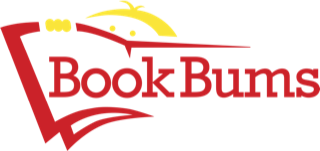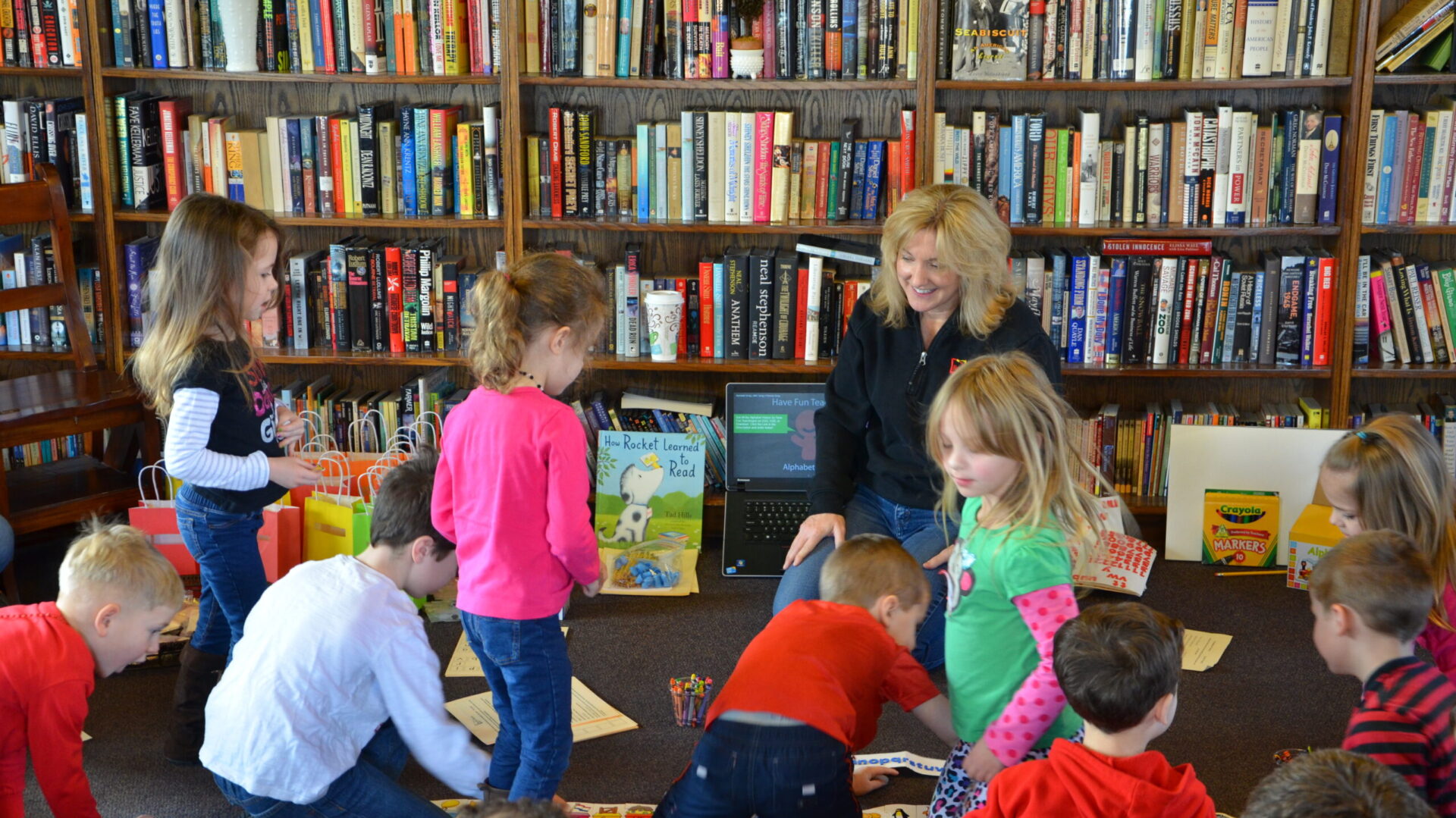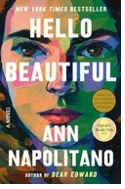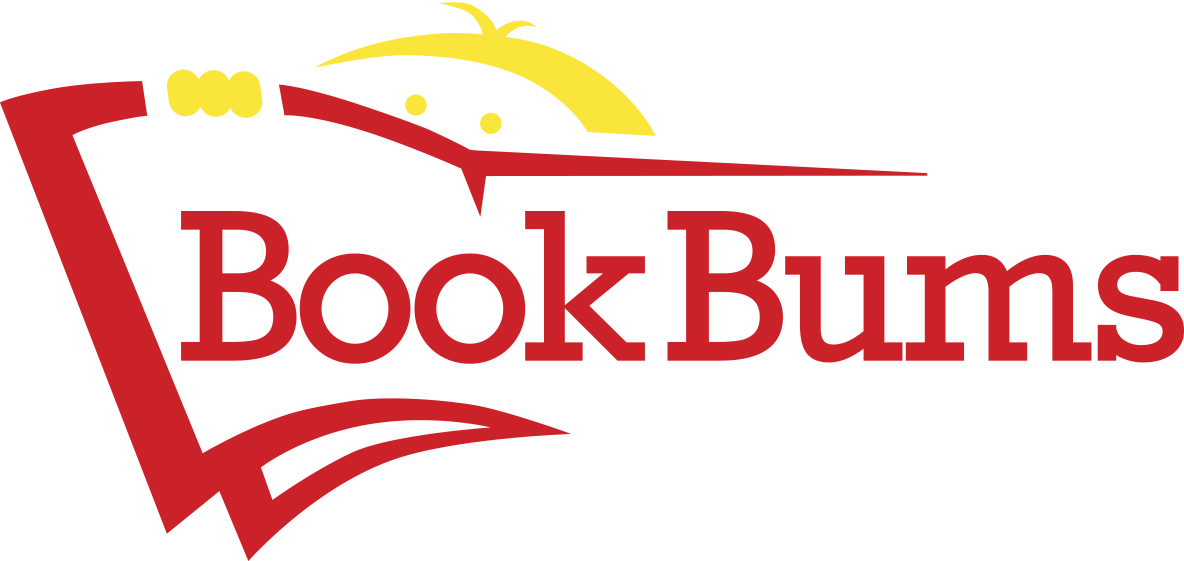
Hello Book Bums families!
We hope you are staying warm in the snowy, frigid weather we've been having. This week in the newsletter we're thinking about audio book experiences, noticing allusions in reading and conversation, and sharing some MLK day news.
We begin, though, with a poem appropriate for the wintertime.
|
Bookbums.com is an Amazon Associate; We earn from qualifying purchases. This means that if you click on a link to Amazon.com and make a purchase, We may earn a small commission at no extra cost to you. We do recommend the products. Feel free to find them by other means.
Word of the Week
elusive (ee-loo-siv) adjective/describing word - difficult to find, catch, or achieve
Claire tried many recipes, but the perfect combination of spices was elusive.
Literary Calendar
• January 19 is the birthday of author Patricia Highsmith.
• This American writer of psychological thrillers is best known for The Talented Mr. Ripley and the other books featuring Tom Ripley.
From our Bookshelves
Hello Beautiful is the fourth novel by American author Ann Napolitano, though it’s the first of hers that I’ve read. This book was recommended by two friends, so I thought I’d give it a try. Though the book was an “instant New York Times bestseller” and an Oprah’s Book Club Pick, it wasn’t one that I’d highly recommend and, frankly, I wondered why.
Many readers adored the book and mentioned its allusion to Louisa May Alcott’s Little Women—which I love. That wasn’t enough for me. Some mentioned that it felt “real” and that they greatly valued the author’s voice. I totally get that. When I finished a couple of Jeanette Walls’ books (Glass Castle and Half Broke Horses), I truly missed the author’s voice in my head. But I didn’t get that feeling at all with Hello Beautiful. Then I began to wonder . . . Was it because I listened to it on Audible instead of reading it for myself?
I’ve really been thinking about that. Some books that I’ve listened to have actually been better for having heard them read aloud. Whether it’s accents, pronunciations, pacing, or something else, some books have been just delightful to listen to.
Sometimes the voices of the narrators can be distracting or even annoying. At worst, I’d say the narrator in Hello, Beautiful was fine. Not good. Not bad. I’m wondering if I was simply distracted. I wonder if the sensory piece of holding the book and turning the pages promotes attention. Maybe I simply wasn’t engaging with it fully. I always listen to books and podcasts at a bit faster speed. Was that the problem?
I’m self-conscious about saying the book wasn’t great. The content was interesting. There’s love and loss and lots of things that make a story a good one. There are themes around mental health and familial issues that feel relevant and authentic. I can’t put my finger on anything that’s missing or anything included that’s problematic, but this one was just so-so for me.
What do you think? Would I have enjoyed the book more if I had read it myself? What has your experience been?
Tips for Families
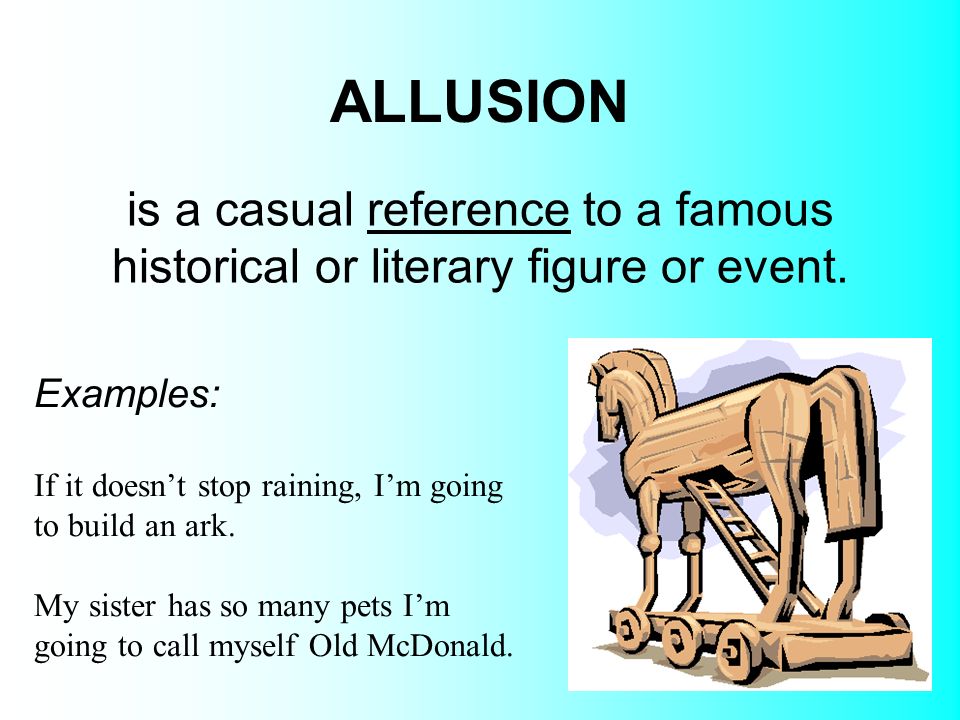
When discussing the book Hello, Beautiful, above, I mentioned the literary device, allusion. It’s likely you’ve heard or said something like, “She alluded to her past…” Allusion and alluded are different parts of speech derived from the same root word. The root for "allude" is the Latin word alludere, which means "to play with.” We can think of it as “playing with” a familiar concept in such a way that it adds depth to what we’re saying.
An allusion can be a concise way to communicate meaning with others who share similar background knowledge. While some allusions explicitly name the thing they’re referencing, others do not.
Do the following allusions convey meaning for you?
• He’s a real Romeo. (Romeo and Juliet)
• Public speaking is my Achilles’ heel. (Greek mythology)
• You’ve created your own Garden of Eden, here. (Bible)
• She’s living her own Cinderella story. (Cinderella)
• I told my son, “In New York, you can be a new man. Just you wait!” (Hamilton)
• These cookies are GRRRRREAT! (Kellogg’s Frosted Flakes)
• My dad is such a Scrooge. (A Christmas Carol)
• Who’s the man behind the curtain, here? (Wizard of Oz)
• When I don’t get his jokes, my dad says, “You’re killing me smalls.” (Sandlot)
• It’s like the Hatfield and McCoys over here! (two feuding families from the 1800s)
TIP: If you’re reading a book with your kids and you spot an allusion, be sure to share it with your kids!
Kids often notice The Pigeon hiding in some of Mo Willems’s Elephant and Piggie books. In Knuffle Bunny, they can also spot a man wearing a t-shirt with The Pigeon on it. Don't we all enjoy finding these nods to other books and characters we love?
Tips for Raising Readers and Writers
When your kids are writing words, it can be really helpful to ask them to “sound spell.” That means that when your kids get to a word for which they’re not sure about the spelling, they pull the word apart—attending to each individual sound (phoneme)—and they write the corresponding letters (graphemes), in order, until they’ve represented every sound.
When spelling the word smooch, for example, kids would be asked to stretch out the sounds and/or say the word in slow motion. They would make the first sound and write the letter s to represent the sound /s/. They’d make the second sound and write an m for the sound /m/. When they say /oo/ they’d write o-o, and when they make the final sound, /ch/, they’d record a c-h. This kind of spelling promotes orthographic mapping—the process by which words become recognized on sight.
When we think to ourselves, “That word doesn’t look right to me. How else could I spell that word to represent those sounds?” and then, after making a change or two, say, “Okay. That’s it. That looks right,” that too is a result of orthographic mapping.
When we ask kids to look over their work to find their own errors, they simply cannot see their errors until those words have been orthographically mapped into their memories. Words become mapped when we attend to the sounds, the letters that represent those sounds, and the meanings of those words we’re learning.
Research indicates that for typical students it takes from one to four experiences, making the sounds across words, for words to become known.
Tips for Teachers
Have you seen this graphic?
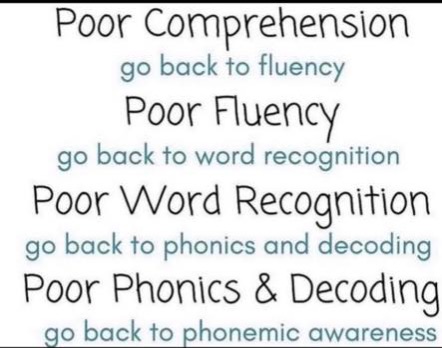
I was talking with a leader in a local school district, and she said that a student was probably not a good fit for our Book Bums phonics program because the student struggled with poor comprehension, not phonics.
Here’s the thing: About 95% of the students I assess (and I’ve surely assessed thousands of students over the years) have problems with decoding.
There are so many smart kids who’ve memorized lots and lots of words and they absolutely give the illusion (not to be confused with allusion) of being skilled readers. These really smart kids trick lots of really smart parents and teachers into thinking they’re doing just fine.
You see, these bright kids are really good at using pictures and context clues (gleaned from the words they’ve memorized) to figure out what words probably say. Their minds are going a mile a minute trying to guess, using clues, what words say. This works really well until, say, about second grade.
If you have a student who misreads, skips, or mumbles through words, you probably have a really smart guesser on your hands.
Another dead giveaway? These kids hate reading. They’re working so darn hard utilizing compensatory skills (compensating for their lack of phonics knowledge) that “reading” is absolutely exhausting.
Most students I assess have pretty sufficient phonemic awareness. The most foundational need for most every student I’ve seen is . . . phonics knowledge.
Practical Grammar
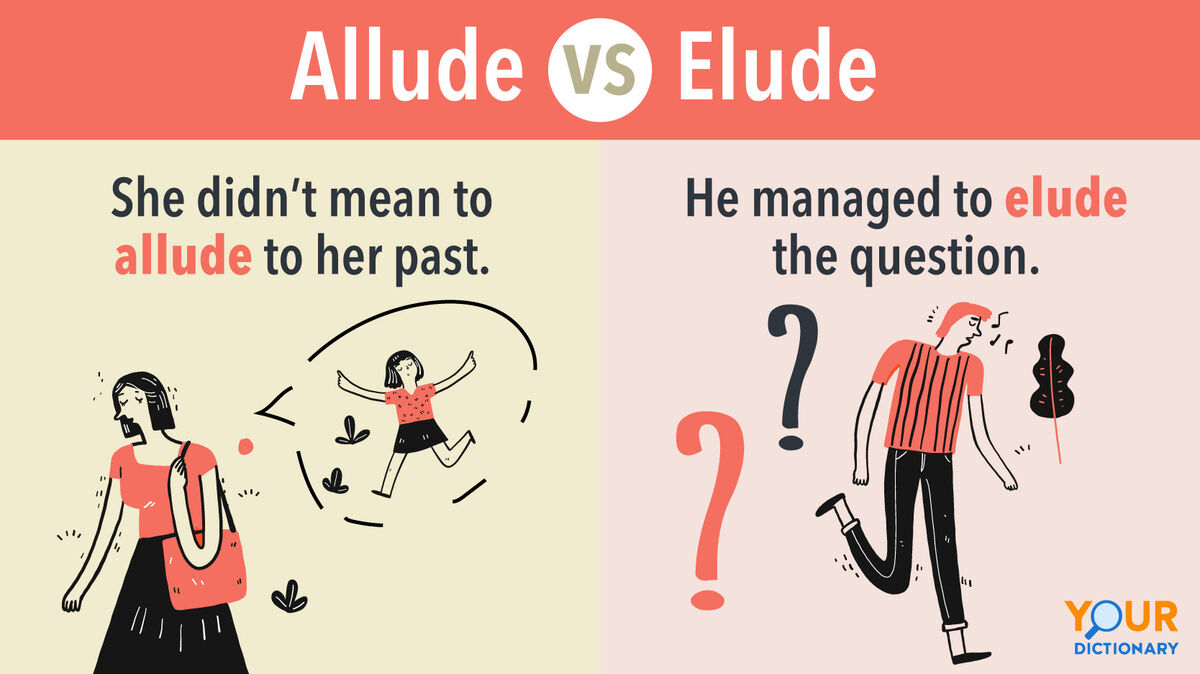
The word allude can be confused with elude. Allude, again, means to mention something in an indirect way. Elude means to evade or escape.
Wordology Workshop
• As mentioned above, the word allude comes to English from the Latin word alludere which means to play with.
• We actually get two roots from the Latin word - lud and lus. You can see the two spellings at work in allude and allusion.
• Those same Latin roots, meaning to play, show up in many other English words such as interlude, prelude, delusion, ludicrous, collude, illusion, and our Word of the Week, elusive.
• Can you see how each word connects to the definition of playing?
News from Book Bums
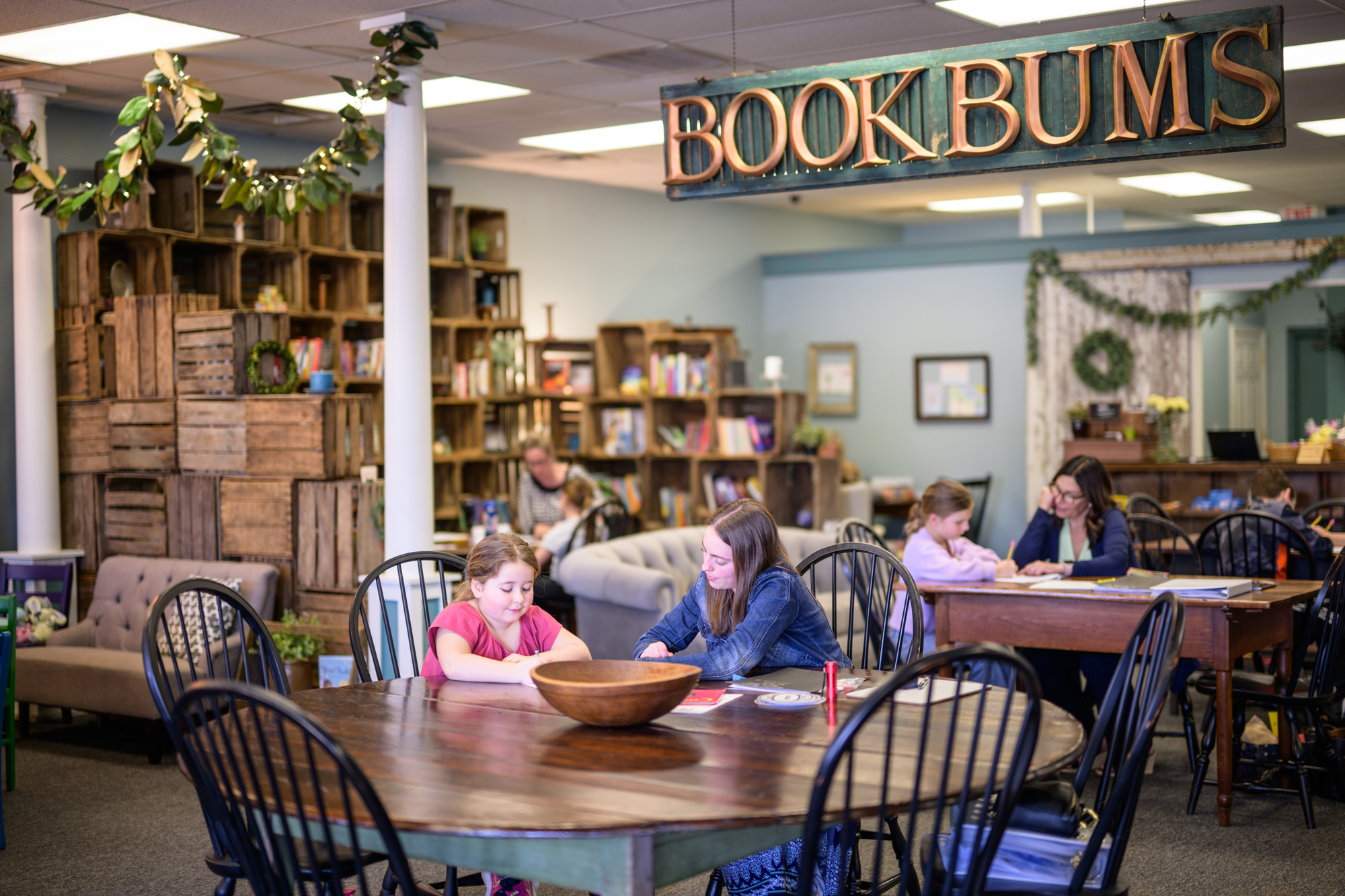
Though we often follow the Lakota Local Schools’ calendar, we’re OPEN for Martin Luther King Day. We fully acknowledge the value of consistent attendance, and we simply must get back in the groove with our students. With the holidays and the snow days, we’ve just missed too many Mondays. Please do all you can to attend your Monday session this Monday, January 20th. We want your kids to shine on their end-of-year assessments, and every week counts!
Just for Fun
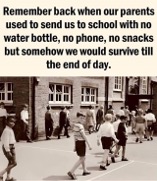
If you know someone who would benefit from our newsletter or tutoring at Book Bums, please share this email with them! Thank you.
Copyright © 2024 Book Bums, All rights reserved
Our mailing address is:
7967 Cincinnati-Dayton Road Suite L
West Chester, OH 45069
